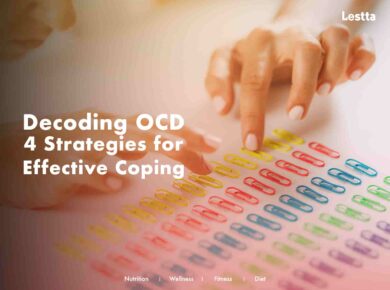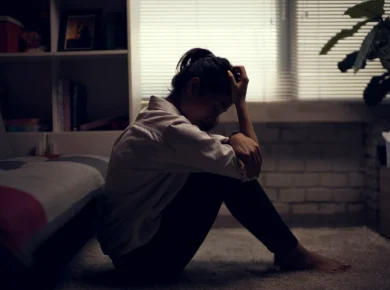
Bipolar depression is a complex mental health condition characterized by alternating periods of intense highs (mania or hypomania) and lows (depression). In this article, we will explore eight key insights into bipolar depression, shedding light on its symptoms, challenges, and available treatment options.
1. The Bipolar Spectrum
Bipolar depression exists along a spectrum, with varying degrees of severity. At one end, individuals experience mild episodes of hypomania, characterized by increased energy and productivity.
On the other end, they may go through full-blown manic episodes, characterized by extreme euphoria, racing thoughts, and impulsive behavior. Understanding this spectrum is crucial for accurate diagnosis and appropriate treatment.
2. Recognizing Symptoms
Bipolar depression manifests differently in each individual, but common symptoms include prolonged periods of sadness, loss of interest in previously enjoyable activities, changes in appetite and sleep patterns, fatigue, difficulty concentrating, and feelings of hopelessness or guilt.
By recognizing these symptoms, individuals can seek help and start managing their condition effectively.
3. The Impact of Cycling Moods
One of the defining characteristics of bipolar depression is the cycling between depressive and manic episodes. These mood swings can be intense and unpredictable, affecting personal relationships, work performance, and overall quality of life.
It is important for individuals with bipolar depression to track their mood patterns and seek support from mental health professionals to establish stability.
4. Dual Diagnosis: Co-Occurring Disorders
Bipolar depression often co-occurs with other mental health conditions, such as anxiety disorders or substance abuse.
This dual diagnosis presents unique challenges and requires a comprehensive treatment approach. Addressing both conditions simultaneously is essential to achieve better outcomes and improve overall well-being.
5. Treatment Options
Treatment for bipolar depression typically involves a combination of medication, therapy, and lifestyle modifications. Medications such as mood stabilizers and antidepressants help manage mood fluctuations, while therapy (including cognitive-behavioral therapy and psychoeducation) provides coping strategies and support.
Healthy lifestyle choices, including regular exercise, sufficient sleep, and stress management, also play a significant role in managing the condition.
6. The Importance of Support Systems
Building a strong support system is vital for individuals with bipolar depression. Friends, family, and support groups can provide emotional support, understanding, and encouragement during difficult times.
By surrounding themselves with a supportive network, individuals with bipolar depression can navigate the challenges more effectively and reduce feelings of isolation.
7. Self-Care and Stress Management
Managing stress and practicing self-care are essential for individuals with bipolar depression. Learning relaxation techniques, engaging in enjoyable activities, and prioritizing self-care can help reduce the frequency and severity of mood episodes.
Developing healthy coping mechanisms is crucial for maintaining stability and overall well-being.
8. Thriving with Bipolar Depression
While bipolar depression can be challenging, it is important to remember that individuals can still lead fulfilling lives. By adhering to treatment plans, building resilience, and making positive lifestyle choices, individuals with bipolar depression can thrive and pursue their goals. It is important to believe in oneself and seek support when needed.
Conclusion
Understanding key insights into bipolar depression is crucial for individuals affected by this condition and their loved ones. By recognizing the spectrum of bipolar depression, being aware of the symptoms, and seeking appropriate treatment, individuals can gain better control over their lives.









